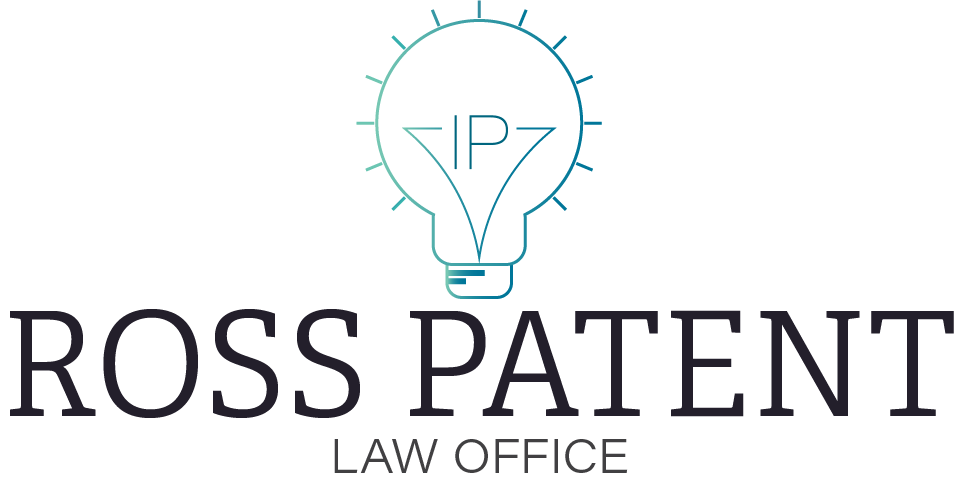Ross Patent Law Office is a family owned small business dedicated to protecting your intellectual property rights.
COPYRIGHTS
What is a Copyright?
A federally registered copyright is a grant of exclusive rights guaranteed by the United States government to a work of authorship such as musical works, written works, performance works, or visual works.
A U.S. Copyright registration is obtained by filing a copyright application with the U.S. Copyright Office.
The duration of a U.S. Copyright varies depending upon who created the work (i.e., an individual or corporation) and upon when the work was created. For example, works created after 1978 are extended copyright protection for a term ending 70 years after the death of the author.
NOTE: A copyright only protects you from others who may copy your work. If someone independently creates the same work, without knowing of your work, both of you could potentially obtain a copyright of your independently created works.
5 exclusive rights granted by a copyright
The exclusive right to reproduce the work
The exclusive right to prepare derivative works such a translations and abridged versions
The exclusive right to distribute copies of the work to the public by sale or rental
The exclusive right to perform the work publicly such as for music, plays, dances, pantomimes, and motion pictures
The exclusive right to display the work publicly such as for paintings, sculptures, or photographs.
